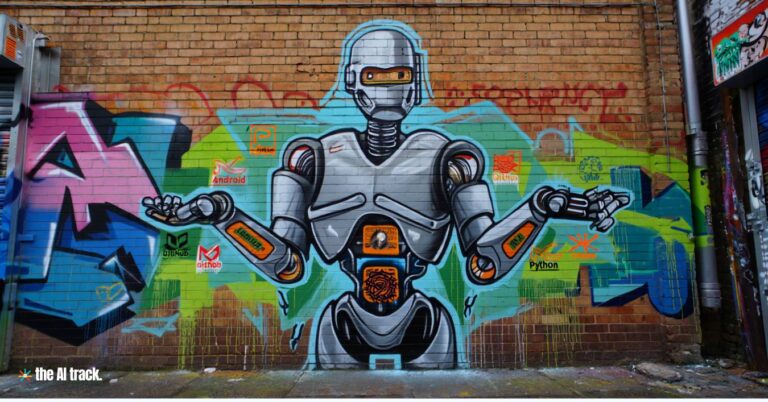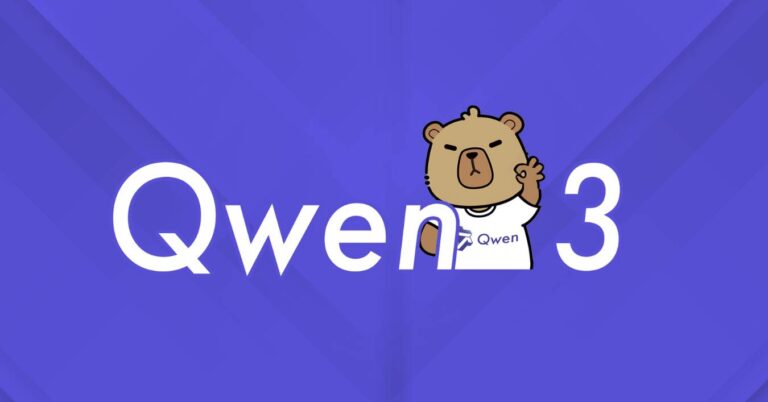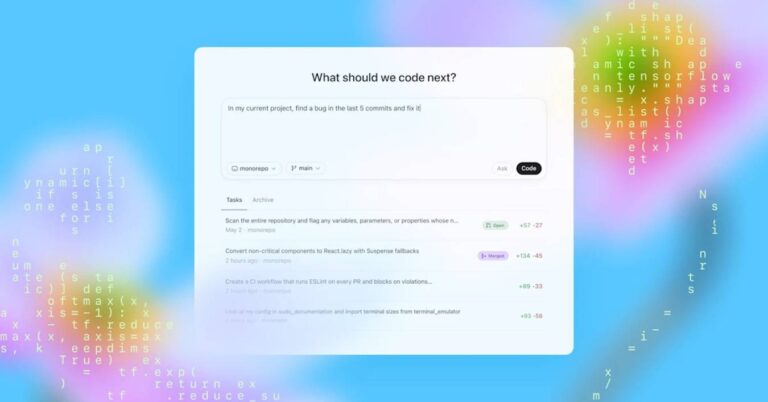Hugging Face has released Open Computer Agent, a free, open-source, cloud-hosted AI tool that performs complex tasks using a Linux virtual machine. Built on the lightweight smolagents framework and equipped with grounding-capable vision models, this agent automates GUI-based workflows and challenges high-cost proprietary agents like OpenAI’s Operator—offering developers an affordable and customizable alternative.

Hugging Face Released Open Computer Agent – Key Points
Launch of Open Computer Agent:
Launched on May 6, 2025, Open Computer Agent is hosted on Hugging Face Spaces and runs in a secure Linux-based VM. It accepts natural language prompts and autonomously interacts with pre-installed apps (e.g., Firefox) to complete user-defined tasks like searching on Google Maps. It emphasizes transparency, cost-efficiency, and open-access over commercial-grade precision.
New Capabilities and Architecture (smolagents + Python):
Built on the
smolagentslibrary, the agent parses user prompts into Python code and executes it securely inside a sandboxed environment using tools like E2B. This architecture allows:- Multi-step reasoning and Python-based task logic
- Efficient object handling and composability
- Execution of advanced workflows (e.g., web scraping, code execution)
Sandboxing and Security Measures:
The system executes generated code in a sandboxed cloud environment, isolating it from the host system to ensure security and stability. This model allows safe experimentation even with arbitrary code, which is critical for developers and researchers.
Vision and Grounding Capabilities:
The agent uses advanced LLMs like Qwen-VL with grounding features to locate and click interface elements by their visual coordinates. This supports GUI navigation tasks akin to human-level interaction, a crucial element in agentic workflows.
Linux VM Integration and Preloaded Environment:
The VM is pre-configured with:
Swap space, mounted drives, and optimized system parameters
A Linux desktop environment
Internet connectivity and file system access
Applications like browsers, editors, and CLI tools
This mirrors similar systems like Agent S but is more lightweight and tuned for agents out of the box.
Comparison with OpenAI’s Operator:
Hugging Face’s agent is not as advanced but stands out in accessibility:
- Cost: Operator requires $200/month via ChatGPT Plus; Hugging Face’s tool is free and open-source.
- Customization: Hugging Face enables community-driven improvements; Operator is closed-source.
- Performance: Operator, powered by GPT-4o, performs better in complex reasoning and CAPTCHA solving.
- Transparency: Open Computer Agent reveals its codebase and execution path; Operator remains opaque.
Enterprise and Market Relevance:
With 65% of companies experimenting with AI agents (KPMG), and forecasts predicting market growth from $7.84B in 2025 to $52.62B by 2030 (MarketsandMarkets), Hugging Face’s open model provides an accessible entry point into this rapidly expanding domain.
Developer Ecosystem and smolagents Utility:
Developers can build their own agents using smolagents. The framework supports both code-based and tool-calling agents. With model-agnostic design and support for Hugging Face-hosted and LiteLLM-connected models, it ensures rapid prototyping.
Community and Tooling Support:
Integration with Hugging Face Hub encourages rapid iteration and tool/model sharing. External tools like Apidog enhance API reliability, debugging, and monitoring, making the agent robust for real-world deployments.
Why This Matters:
Open Computer Agent breaks down financial and technical barriers to agentic AI experimentation. While lacking enterprise-grade robustness, its open design, secure execution, and extensibility make it a vital resource for developers, startups, and educators. It expands the AI sandbox to a broader community—one that is often excluded from closed-source ecosystems.
Autonomous AI agents are redefining automation. Learn how major tech players are leading the development of this transformative technology.
Hugging Face acquired Pollen Robotics to make humanoid robots open-source, modular, and accessible for research, hobbyists, and enterprises.
Read a comprehensive monthly roundup of the latest AI news!








